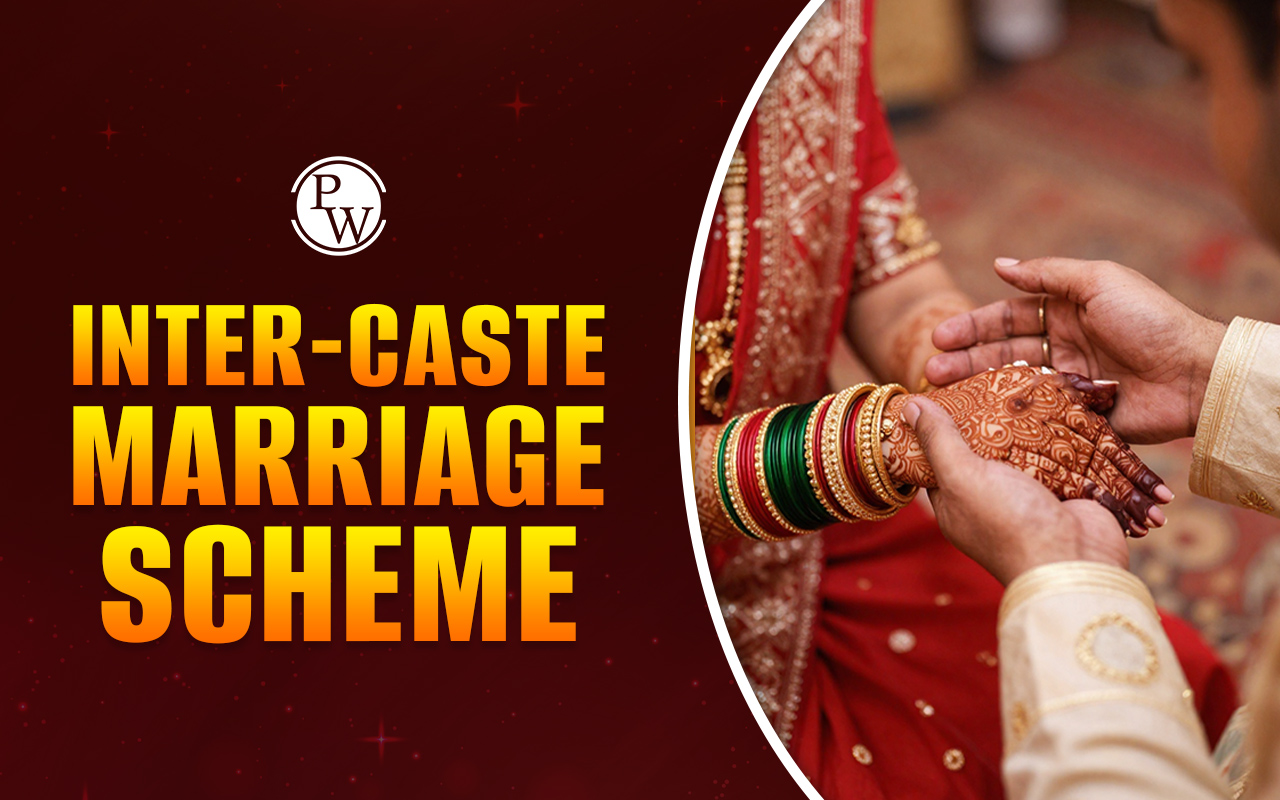
Article 15 of Indian Constitution: The Constitution of India is the most important law book of our country. It gives rights to the people and also guides the government on fair governance. One of the most important parts of this Constitution is Article 15. It protects people from unfair treatment based on religion, caste, race, sex, or place of birth. Article 15 of Indian Constitution is a part of the Fundamental Rights, which are special rights given to every citizen. These rights make sure that all people are treated equally and fairly. Article 15 is very important for building an equal and just society in India.
Article 15 of Indian Constitution
Article 15 of Indian Constitution deals with the right to equality. It primarily contains provisions related to addressing discrimination. Discrimination refers to treating someone unfairly or differently just because of their religion, caste, gender, or birthplace. The purpose of Article 15 is to make sure that all citizens are treated with respect and fairness. It tries to remove the social problems, such as untouchability, caste-based differences, and gender inequality.
Article 15 also allows the government to make special provisions for women, children, and socially weaker groups. The government can give them extra benefits like reservations in education or jobs to help them grow under Article 15 of Indian Constitution. Some examples of the provisions of Article 15 are as follows:
- A school cannot refuse admission to a child just because he belongs to a certain caste.
- A hospital cannot deny treatment to a woman because she is female.
Article 15 of Indian Constitution Clauses
Article 15 has five main clauses. Each of these clauses has a clear purpose. Some look to stop discrimination, while others allow positive steps to support weaker groups, including women and children. Article 15 of Indian Constitution Clauses are provided in the table below:
|
Article 15 of Indian Constitution Clauses |
|
|
Clauses |
Details |
|
Clause (1) |
The State shall not discriminate against any citizen on grounds of religion, race, caste, sex, or place of birth. |
|
Clause (2) |
No citizen shall face any restriction in using public places like shops, restaurants, wells, tanks, or roads. |
|
Clause (3) |
The State can make special provisions for women and children. |
|
Clause (4) |
The State can make special provisions for socially and educationally backward classes, SCs, and STs. |
|
Clause (5) |
The State can make special provisions for socially and educationally backward classes in private educational institutions (except minority institutions). |
Article 15 of Indian Constitution Sub Clause
The sub-clauses of Article 15 are the smaller divisions under each clause. These sub-clauses make Article 15 more detailed and practical. They show that while discrimination is not allowed, special steps are necessary to create real equality in society.
|
Article 15 of Indian Constitution Sub Clause |
|
|
Sub Clause |
Details |
|
Clause (1) |
Lists the grounds of discrimination, like religion, race, caste, sex, and place of birth |
|
Clause (2) |
Explains that public places like shops, restaurants, and places of public entertainment should be open for all citizens |
|
Clauses (3) and (4) |
These clauses act as exceptions. They allow the government to give extra help to women, children, SCs, STs, and backward classes |
Article 15 of Indian Constitution Case Laws
The Judiciary in India, including the Supreme Courts and High Courts, has played an important role in interpreting Article 15 of Indian Constitution. Several cases and judgments have been made related to this Article, which have upheld its provisions. These cases have demonstrated how Article 15 has been interpreted and strengthened over time.
They prove that equality does not mean treating everyone the same, but ensuring fairness by giving support to those who need it. Some of the famous case laws related to Article 15 of Indian Constitution are provided in the table below:
|
Article 15 of Indian Constitution Case Laws |
|
|
Cases |
Details |
|
State of Madras vs. Champakam Dorairajan (1951) |
The Supreme Court said reservations in education based only on caste were against Article 15. Later, the First Amendment allowed reservations for backward classes. |
|
Indra Sawhney vs. Union of India (1992) |
Known as the Mandal Commission case, it upheld reservations for OBCs under Article 15(4). |
|
Anjali Roy vs. State of West Bengal (1952) |
The court explained that special provisions for women are not against Article 15. |
|
Ashoka Kumar Thakur vs. Union of India (2008) |
The court upheld a 27% reservation for OBCs in educational institutions under Article 15(5). |
Article 15 of Indian Constitution UPSC
For aspirants preparing for the UPSC CSE, Article 15 is an important topic in Indian Polity. It is a part of Fundamental Rights, which are frequently asked in both UPSC prelims and mains exams. Candidates preparing for UPSC should make short notes on Article 15. They should also remember important amendments and case laws linked to them.
If you are searching for ready material, you can also find Article 15 of Indian Constitution PDF online, which is useful for quick revision. The importance of Article 15 in the UPSC Exam is summarized below:
- Static Part of Syllabus – It is directly linked with Part III of the Constitution.
- Current Affairs Connection – Any discussion on reservation, women’s rights, or equality often relates to Article 15.
- Essay and Ethics Paper – It can be used to highlight values like equality, justice, and fairness.
Article 15 of Indian Constitution in English
Article 15 bans discrimination but allows positive action (like reservations) to support weaker sections of society. It can be understood in simple English. Article 15 says:
- The State shall not discriminate against any citizen only on the grounds of religion, race, caste, sex, or place of birth.
- No citizen shall be subjected to any such restriction in access to shops, restaurants, hotels, or places of public entertainment.
- The State can make special provisions for women and children.
- The State can also make special provisions for socially and educationally backward classes, Scheduled Castes (SC), and Scheduled Tribes (ST).
- The State can make special provisions for the advancement of backward classes in private educational institutions (except minority institutions).
Article 15 of Indian Constitution Notes
Understanding Article 15 is a very important topic of the Fundamental Rights. For students and exam aspirants, here are some quick notes on Article 15:
- Main Aim: To stop discrimination and promote equality.
- Who is Protected?: All Indian citizens.
- Grounds of Protection: Religion, race, caste, sex, and place of birth.
- Special Provisions Allowed: For women, children, socially and educationally backward classes, SCs, and STs.
- Linked Concepts: Reservation, equality, social justice.
- Important for: UPSC, State PSCs, Law exams, and school studies.
Article 15 of Indian Constitution FAQs
What does Article 15 of Indian Constitution deal with?
Does Article 15 allow special provisions for any groups?
What are the main clauses of Article 15?
Which case laws are important for understanding Article 15?
Why is Article 15 important for UPSC aspirants?

UPSC Coaching






